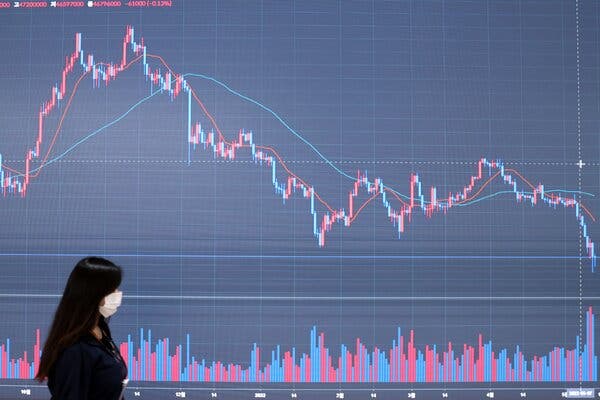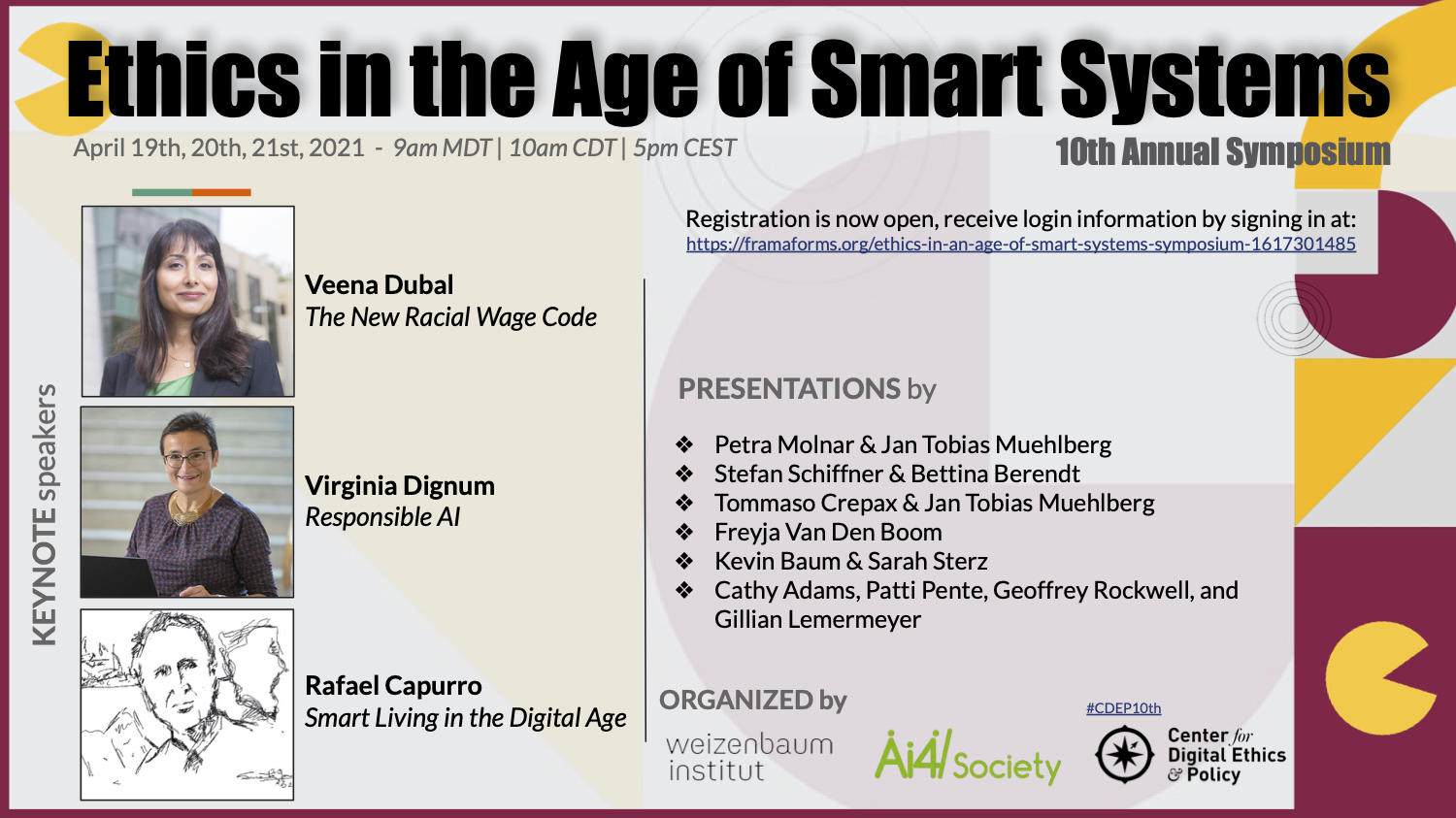In spheres as disparate as medicine and cryptocurrencies, “do your own research,” or DYOR, can quickly shift from rallying cry to scold.
The New York Times has a nice essay by John Herrman on They Did Their Own ‘Research.’ Now What? The essay talks about the loss of trust in authorities and the uses/misuses of DYOR (Do Your Own Research) gestures especially in discussions about cryptocurrencies. DYOR seems to act rhetorically as:
- Advice that readers should do research before making a decision and not trust authorities (doctors, financial advisors etc).
- A disclaimer that readers should not blame the author if things don’t turn out right.
- A scold to or for those who are not committed to whatever it is that is being pushed as based on research. It is a form of research signalling – “I’ve done my research, if you don’t believe me do yours.”
- A call to join a community of instant researchers who are skeptical of authority. If you DYOR then you can join us.
- A call to process (of doing your own research) over truth. Enjoy the research process!
- Become an independent thinker who is not in thrall to authorities.
The article talks about a previous essay about the dangers of doing one’s own research. One can become unreasonably convinced one has found a truth in a “beginner’s bubble”.
DYOR is an attitude, if not quite a practice, that has been adopted by some athletes, musicians, pundits and even politicians to build a sort of outsider credibility. “Do your own research” is an idea central to Joe Rogan’s interview podcast, the most listened to program on Spotify, where external claims of expertise are synonymous with admissions of malice. In its current usage, DYOR is often an appeal to join in, rendered in the language of opting out.
The question is whether reading around is really doing research or whether it is selective listening. What does it mean to DYOR in the area of vaccines? It seems to mean not trusting science and instead listening to all sorts of sympathetic voices.
What does this mean about the research we do in the humanities. Don’t we sometimes focus too much on discourse and not give due weight to the actual science or authority of those we are “questioning”? Haven’t we modelled this critical stance where what matters is that one overturns hierarchy/authority and democratizes the negotiation of truth? Irony, of course, trumps all.
Alas, to many the humanities seem to be another artful conspiracy theory like all the others. DYOR!



